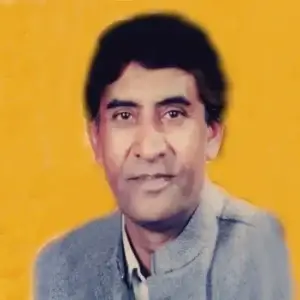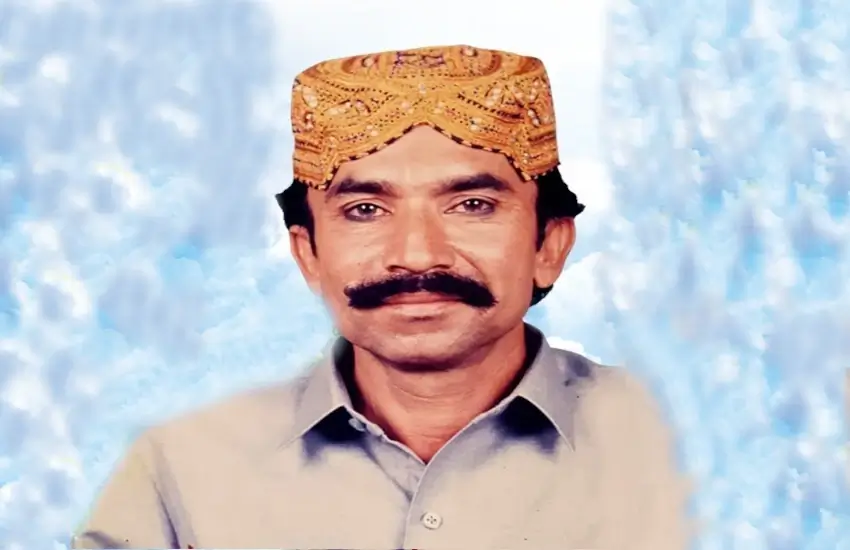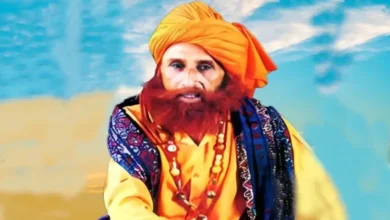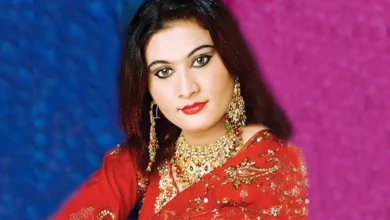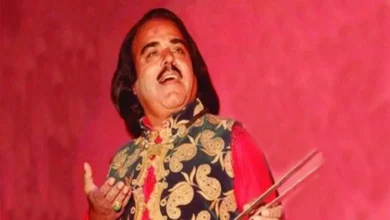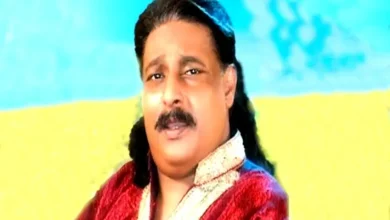Muhammad Yousuf – Bio, Top 18 Best Sindhi Folk Music
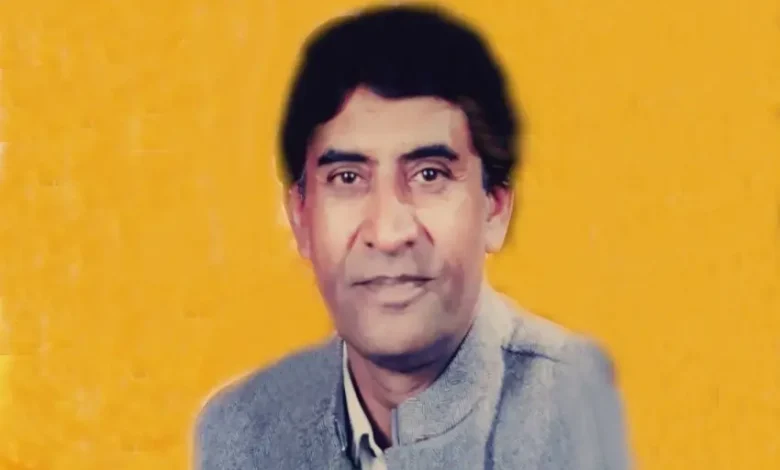
Muhammad Yousuf Sindhi classical music artist, is the famous singer of Sindh and he occupies a unique place in the cultural heritage of Pakistan. Among its famous personalities is Muhammad Yousuf, synonymous with the soulful and spiritual sound of Sindhi folk music. His voice has the potential to astound, transform, and elevate the listener to another level. Whether he is singing the poetry of Shah Abdul Latif Bhitai or creating Sufi art, Ustad Muhammad Yousuf’s art is unparalleled.
Best Muhammad Yousuf Sindhi Classical Music Download
Biography and Early Life
Born on January 20, 1940, in Hyderabad, Sindh, Pakistan, Ustad Muhammad Yousuf belonged to a family of musicians. His father, Loung Fakir Maganhar, played the Sharanai (also known as shahnai) and dholak (a musical instrument). Music was a part of his daily life and his early performances certainly influenced his style.
He attended Haji Seth Kamaruddin School and Bah Sudar School in Hyderabad but soon realized that teaching was not his calling. Instead, he followed his passion for music and joined the Bibo Khan Band and later sought advice from the legendary Ustad Manzoor Ali Khan.
Musical training
The cornerstone of Muhammad Yousuf’s musical journey was his studies under Ustad Manzoor Ali Khan at Tando Adam Khan. For almost thirteen years, Yousuf trained under his mentor, absorbing the intricacies of Sindhi classical music. Ustad Manzoor Ali Khan, an artist, played a key role in shaping Yousuf’s musical style, especially his ability to blend the spiritual depth of Sufi poetry with the technical sophistication of ancient music.
Rise and make a name for yourself.
The talent of Muhammad Yousuf was soon recognized by Radio Pakistan, where he started his career as a singer. His voice soon became a staple on the airwaves, leading to his debut as a vocal singer in the Sindhi film “Shehro Firoz” released on October 18, 1968. Yousuf’s first song played on the film’s soundtrack a Ghulam Ali composed with Rahat Milay Thi Dard Main, Mann Pyaar Tan Sadkai” catapulted him to fame. In the 1970s and 1980s, he became one of the most sought-after playback singers in Sindhi cinema, as he hired artists names like Madam Noor Jehan, Abida Parveen, and Runa Laila.
Sindhi folk songs and classical influences
His singing style was a deep understanding of both genres, which he incorporated seamlessly into his performances. His renderings of Sindhi Kafi and Kalam songs deeply rooted in the Sufi tradition were spiritually inspiring and musically intense.
Plays and popular music
Ustad Muhammad Yousuf’s acting is nothing short of magical. The “Kalams” he translated were essentially divine, capturing the essence of Sufi mysticism. His hit songs include “Rahat Milay Thi Dard Main”, “Hojamalo”, and coffees that resonate with audiences today.
Heritage in Sindhi Folklore and Sufi Music
Ustad Muhammad Yousuf’s influence on Sindhi music is profound. His dedication to the arts would ensure that the rich musical heritage of Sindh would be passed on to future generations. His influence extends well beyond his lifetime, as his students and followers keep his legacy alive with their performances and teachings.
Awards and recognition
Throughout his illustrious career, Ustad Muhammad Yousuf received many accolades for his contribution to the music industry. He was honored with several movable awards, including the Shahal Teef Award and the Calendar Shahaj Award.
Muhammad Yousuf Global Impact
The music of Ustad Muhammad Yousuf transcended boundaries. He performed not only in Pakistan but also in Belgium, England, Germany, Russia, and China. His ability to convey the spiritual and emotional depths of Sindhi songs made him universally beloved.
Teaching and Counseling
Apart from his role, Ustad Muhammad Yousuf was a dedicated teacher and mentor. He took great pride in passing on his skills to the next generation of musicians to ensure that the tradition of Sindhi classical music continues to flourish.
Personal life
His own experiences, including life’s challenges and joys, have influenced his music, adding layers of emotion and authenticity to his compositions.
Muhammad Yousuf The last passing years
As he grew older, Ustad Muhammad Yousuf continued to perform and teach, although his attendance decreased. On February 14, 1997, at the age of 57, the world of music lost this great genius of Sindhi classical songs. His death left a void that is still felt today, but his legacy lives on through his recordings, his disciples, and the indelible mark he left on Sindhi music.
Conclusion
Ustad Muhammad Yousuf was more than a singer; He was a cultural icon who devoted his life to preserving and promoting Sindhi classics. His ability to blend spirituality with music, traditional and new made him a unique and unforgettable figure in the world of music and his legacy continues to inspire and touch musicians and music lovers, ensuring the rich tradition of Sindhi music stays for generations to come. For more Sindhi Music visit our website Media Music Mania.
FAQs
1. What made Ustad Muhammad Yousuf a unique figure in Sindhi music?
Ustad Muhammad Yousuf was unique in his ability to blend Sindhi folk songs with classical elements, creating a spiritually uplifting and musically robust soundtrack.
2. How did his training under Ustad Manzoor Ali Khan shape his career?
Training under Ustad Manzoor Ali Khan gave him a deep understanding of classical music, which he skillfully combined with Sindhi folklore to forge his unique style.
3. What are some of his most famous songs?
His most popular songs include “Rahat Milay Thi Dard Main”, “Hojamalo”, and Sindhi Coffee and Art.
4. How did it influence modern Sindhi music?
By preserving traditional genres, he influenced modern Sindhi music, inspiring future generations of musicians to explore and innovate in the genre.
5. Where can you hear his music today?
His songs can be found on online platforms such as streaming music and YouTube, where his music is constantly enjoyed by fans.

